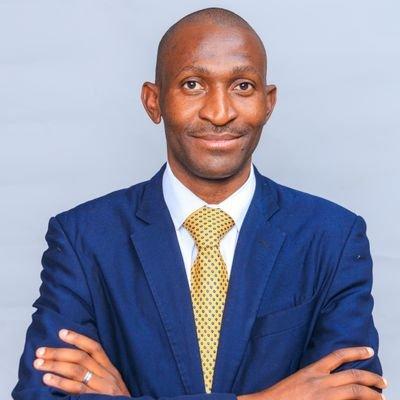News / Local
MP chides Zimbabweans for failing to learn local languages
04 Jun 2024 at 13:00hrs |
0 Views

A Bulawayo opposition legislator has introduced a motion urging the government to equally promote all 16 official languages.
Discent Bajila, representing Emakhandeni-Luveve for the Citizens Coalition for Change, expressed concern about the marginalization of certain languages within government departments. He highlighted that while the Constitution recognizes 16 languages as official, not all are treated equally.
Addressing the National Assembly, Bajila pointed out that Zimbabweans often prioritize foreign languages over local ones. He noted that people relocating within Zimbabwe, such as to the Bubi and Umguza areas where isiXhosa is spoken, often don't learn the local language. However, the same individuals adapt quickly to languages like isiXhosa when they move to South Africa for work.
Bajila emphasized the need for Zimbabweans to communicate effectively with each other in their native languages. He proposed creating a statutory body to develop and promote Zimbabwean languages and suggested elevating the Zimbabwe Indigenous Languages Promoters Association to such a status. He also criticized the government for not adequately promoting Sign Language.
Highlighting the importance of recognizing all languages to comply with Section 6 of the Constitution, Bajila recalled the 1987 Education Act, which furthered the promotion of languages recognized by the former government of Southern Rhodesia. The 2013 Constitution officially recognized 16 languages, mandating the State to promote them.
Bajila questioned why government departments were not promoting all languages equally, noting the lack of local language signage in areas like Binga, Chiredzi, and Chipinge. He stressed that all 16 languages should be given equal prominence in government services.
He suggested that Zimbabwe could learn from countries like Ethiopia and South Africa, which successfully promote multiple official languages. Ethiopia designates and promotes 12 official languages, while India has a commission and a Permanent Committee of Parliament for official languages. Similarly, the Pan South African Language Board focuses on South Africa's official languages.
Discent Bajila, representing Emakhandeni-Luveve for the Citizens Coalition for Change, expressed concern about the marginalization of certain languages within government departments. He highlighted that while the Constitution recognizes 16 languages as official, not all are treated equally.
Addressing the National Assembly, Bajila pointed out that Zimbabweans often prioritize foreign languages over local ones. He noted that people relocating within Zimbabwe, such as to the Bubi and Umguza areas where isiXhosa is spoken, often don't learn the local language. However, the same individuals adapt quickly to languages like isiXhosa when they move to South Africa for work.
Bajila emphasized the need for Zimbabweans to communicate effectively with each other in their native languages. He proposed creating a statutory body to develop and promote Zimbabwean languages and suggested elevating the Zimbabwe Indigenous Languages Promoters Association to such a status. He also criticized the government for not adequately promoting Sign Language.
Highlighting the importance of recognizing all languages to comply with Section 6 of the Constitution, Bajila recalled the 1987 Education Act, which furthered the promotion of languages recognized by the former government of Southern Rhodesia. The 2013 Constitution officially recognized 16 languages, mandating the State to promote them.
Bajila questioned why government departments were not promoting all languages equally, noting the lack of local language signage in areas like Binga, Chiredzi, and Chipinge. He stressed that all 16 languages should be given equal prominence in government services.
He suggested that Zimbabwe could learn from countries like Ethiopia and South Africa, which successfully promote multiple official languages. Ethiopia designates and promotes 12 official languages, while India has a commission and a Permanent Committee of Parliament for official languages. Similarly, the Pan South African Language Board focuses on South Africa's official languages.
Source - southern eye
Join the discussion
Loading comments…































